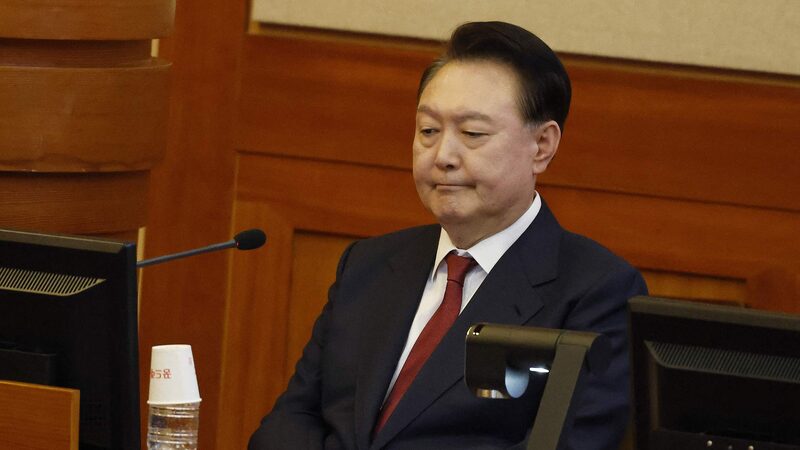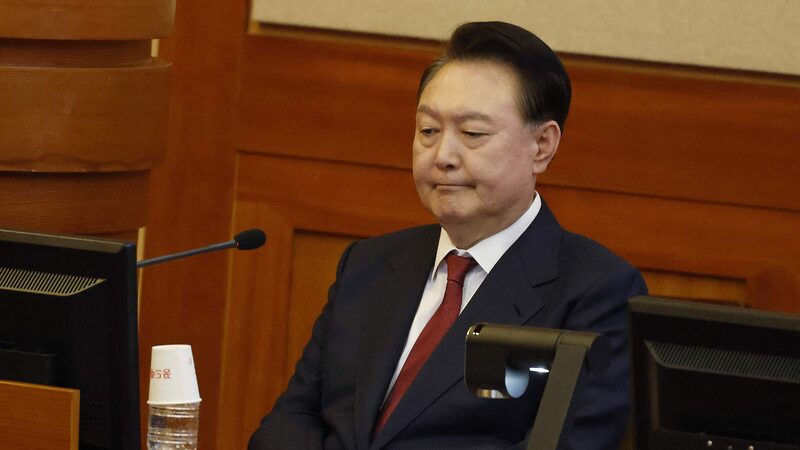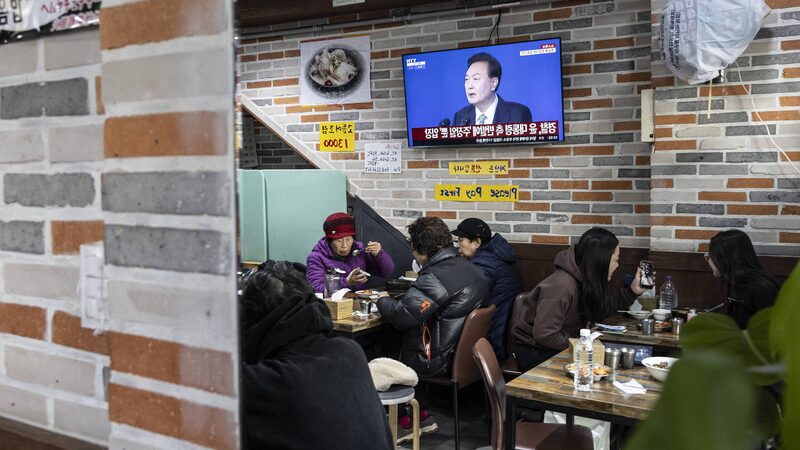South Korea is facing a political crossroads after investigators failed to arrest impeached President Yoon Suk-yeol at his presidential residence on Friday. The unprecedented standoff raises questions about the nation’s political stability and the future of its leadership.
Background
The Corruption Investigation Office for High-ranking Officials (CIO) had attempted to execute an arrest warrant for Yoon, issued by a Seoul court on Tuesday. This marked the first time in modern South Korean history that an arrest warrant was issued against a sitting president.
Yoon, suspected by investigative agencies of being a ringleader in an insurrection, had declared martial law on the night of December 3. The National Assembly revoked the martial law hours later. An impeachment motion against Yoon was passed by the National Assembly on December 14 and submitted to the constitutional court, which will deliberate for up to 180 days. During this period, Yoon’s presidential powers are suspended.
The Failed Arrest Attempt
The CIO’s attempt to arrest Yoon turned into a tense standoff lasting over five hours. Investigators and police officers arrived at the presidential residence in central Seoul at 7:21 a.m. local time. After passing through initial police cordons and confronting soldiers, they faced the final barrier formed by the presidential security service inside the residence.
Despite warnings from the CIO that obstructing the arrest would be considered a crime, the security agents refused to grant access. Some investigators reportedly tussled with soldiers and security agents, though no injuries were confirmed. Due to concerns about the safety of their personnel, the CIO halted the arrest attempt at around 1:30 p.m. local time.
What’s Next?
With the arrest warrant valid until next Monday, the CIO must decide on future measures. The failure to execute the warrant highlights the complexities of arresting a sitting president, even one whose powers are suspended. The CIO has expressed deep regret over Yoon’s refusal to comply with legal procedures and is considering its options.
The joint investigation unit formed by the CIO, the National Office of Investigation, and the Defense Ministry’s investigation headquarters continues to probe Yoon’s imposition of martial law. The situation places South Korea in uncharted territory, with potential implications for its political landscape, legal precedents, and international standing.
As the constitutional court deliberates on Yoon’s impeachment, the nation watches closely to see how events will unfold. The unprecedented situation underscores the fragility of political institutions and the importance of upholding democratic processes. The coming days will be critical in determining South Korea’s path forward.
Reference(s):
What happens next after S. Korean investigators fail to arrest Yoon?
cgtn.com



